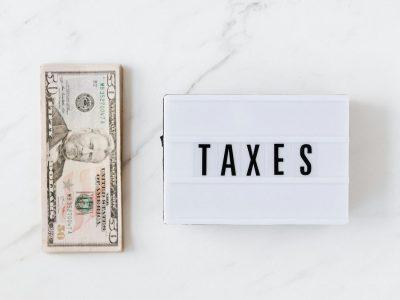Got gas? Of course you do. Lots of it, all you want, and cheap.
The sudden, dramatic plunge in the world oil market, driven by surging domestic production, tightening efficiency standards and a slowdown in key overseas economies, has seen to that. And so, now, has the Organization of Petroleum Exporting Countries, aka OPEC.
The cartel no longer strikes nearly so much dread as it once did as more and more oil flows from the Bakken oil fields in North Dakota and the Permian basin in Texas. But it still managed to send a shiver or two down the spine of a few in this country when it opted not to curtail production, which could have driven a barrel of crude back up toward $100 a barrel, where prices have hovered for a good, long while.
The move supports a dive of benchmark crude prices below $75. At that level, the return on drillers’ investments in some places starts to flatline.
Depending on who you talk to, anything below that means the fracktastic North Dakota oil boom will start to shut down. (The Texas fields, where the oil is a little easier to reach, gets sketchy in the $60 a barrel range.)
Since oil is fungible, the consequences of a domestic drop in production likely won’t be felt at the pump here in North Carolina, where prices are likely to stay in the $2.50 a gallon range — or cheaper — as long as refiners can find a source for cheap crude.
The consequences of cheap oil have some tremendous upsides, the topmost being more money in the pockets of people living in the cities and towns across our state where carless options are all but non-existent. And just like a hike in prices, the impact of cheap gas is being felt most by people in the lower tiers of household income.
With the price drop kicking in so close to holidays, retailers are somewhat giddy, convinced that savings on gas means more spending for the holidays.
But the price drop has its negatives. Cheap gas means less motivation to conserve, less interest in alternatives and less of a chance that some of the hard work being put in to wean regions like the Triad and the Triangle off of the one-car/one-commuter lifestyle will be even harder.
Combined, the two regions are where the bulk of the state’s growth will be concentrated in the decades to come. Even after years of building out highways, both face a daunting challenge to keep up in building out infrastructure to meet transportation demands.
Cheap gas is likely to encourage a “What me, worry?” attitude among elected officials and lessen preparations for a future that involves things like better local planning, compact development, the actual science of climate change and the epidemiology of increasing rates of childhood asthma.
Cheap gas plays into the hands of a legislature that is disproportionately obligated to the rural electorate and legislators that view public transit as a commie plot. You may recall that in the last session, the legislature almost succeeded in stopping Wake County from raising funds for public transit. And this fall, the governor — the same guy who helped push through a rail project to combat gridlock in Charlotte — announced a new 25-year transportation plan that reconfigures spending to help rural projects at the expense of needier ones on more highly travelled roads closer to the state’s major cities.
The energy markets are notoriously unpredictable and gas prices could reverse course at any time. It’s a lesson we never seem to heed. When they rise again, the effect on consumption will be obvious, but we’ll be stuck, again, with a shortsighted attitude that puts the type of necessary changes to transportation and land use patterns on the shelf and keeps us on road to continued dependence.
Breaking that dependence will take more than counting on ever-rising gas prices to change consumption habits and the sprawling ways of developers and pliant planners in local government.
Few junkies ever kicked anything based on price alone.
Join the First Amendment Society, a membership that goes directly to funding TCB‘s newsroom.
We believe that reporting can save the world.
The TCB First Amendment Society recognizes the vital role of a free, unfettered press with a bundling of local experiences designed to build community, and unique engagements with our newsroom that will help you understand, and shape, local journalism’s critical role in uplifting the people in our cities.
All revenue goes directly into the newsroom as reporters’ salaries and freelance commissions.






Leave a Reply